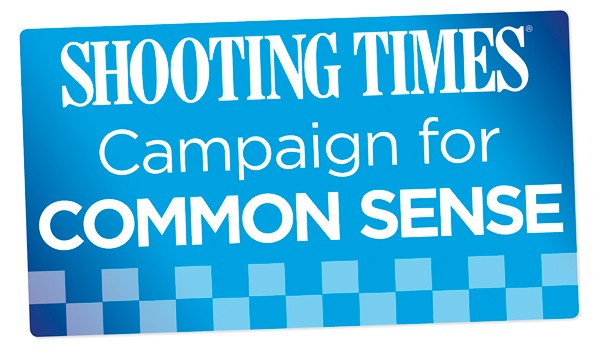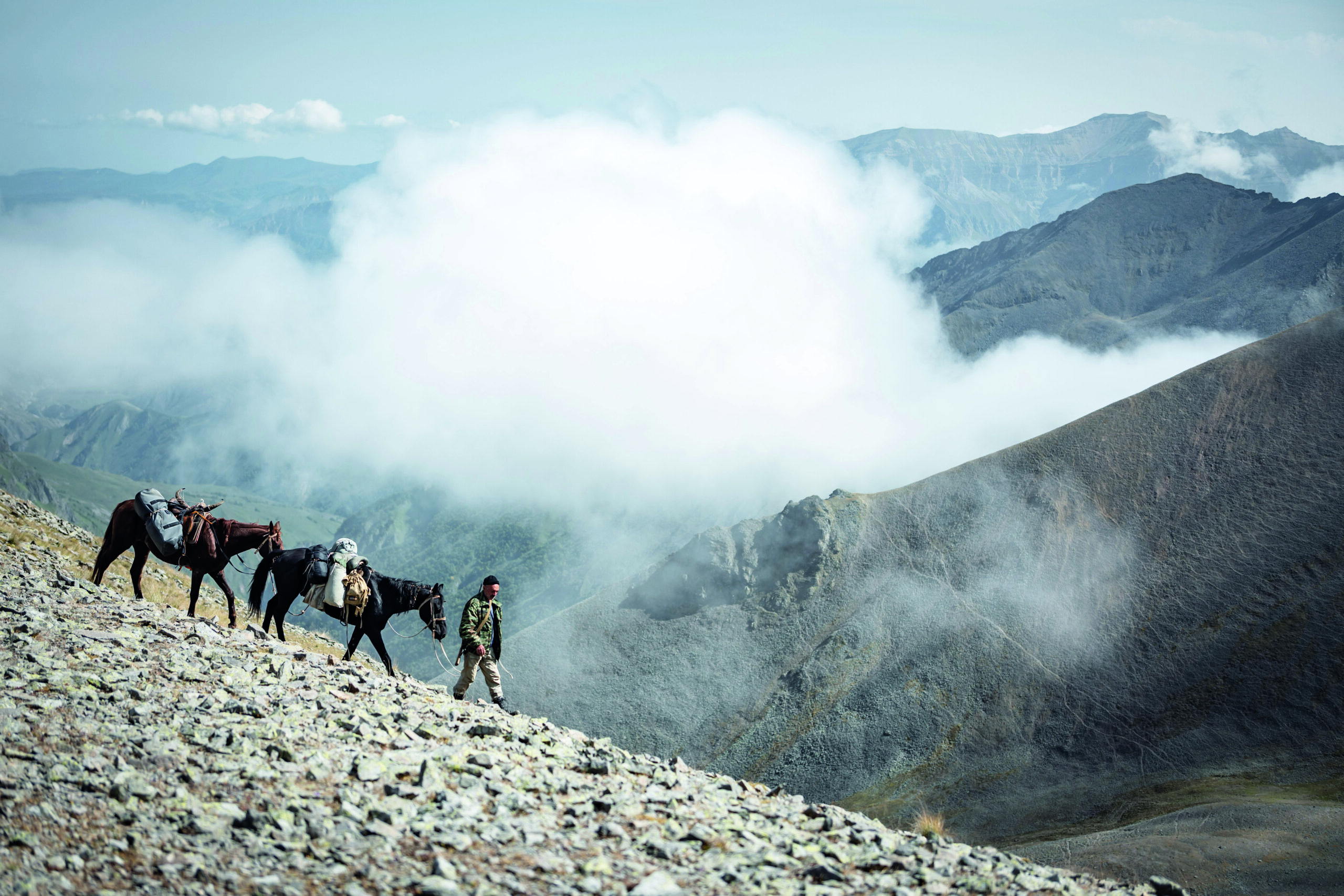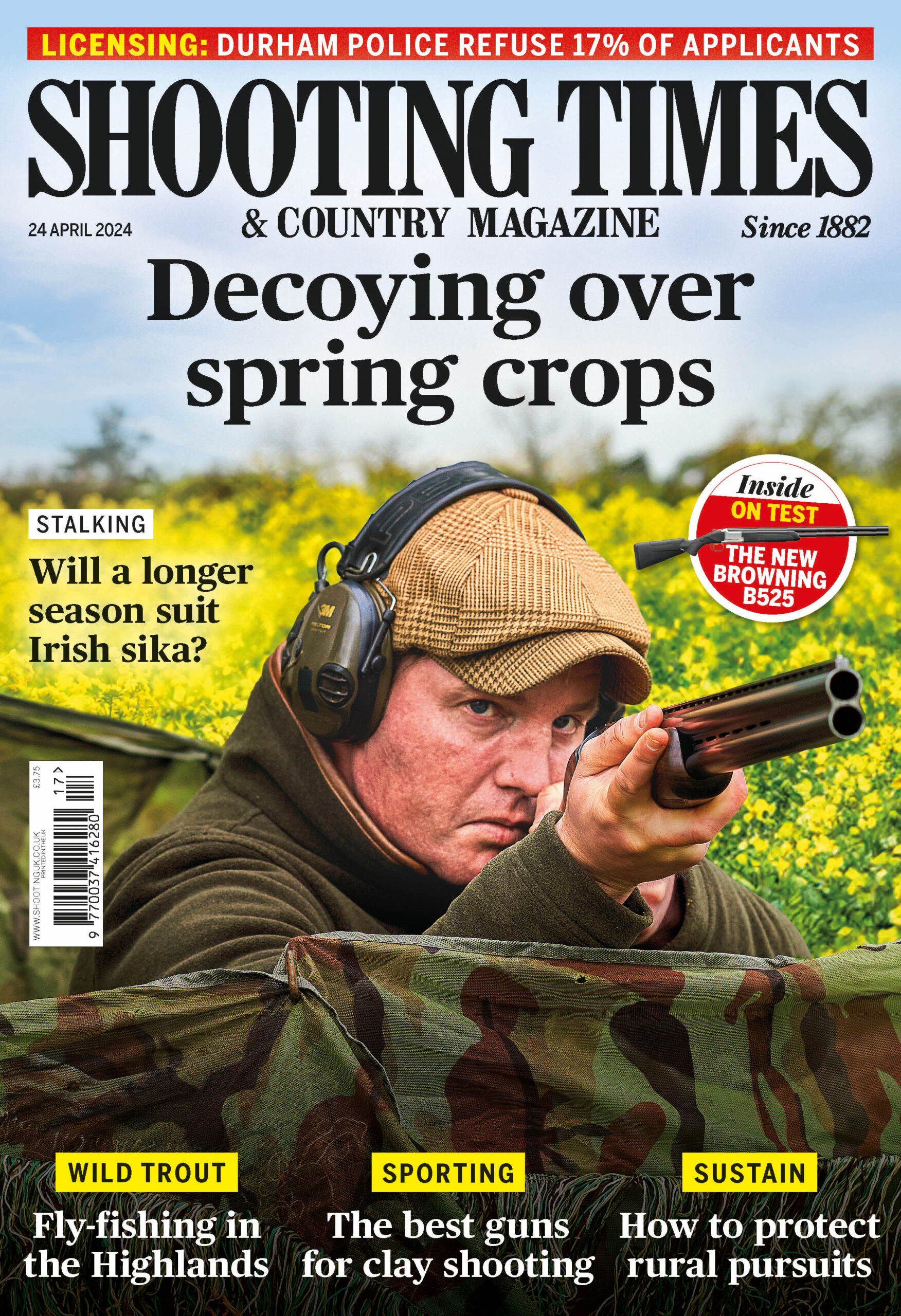Teaching the law to the police

It is late afternoon in the police control room when a call comes in from a middle-aged woman in a village. ?There?s a man with a gun outside my house…? she says. Only seven minutes later, the police helicopter swoops, with an armed unit following up in support on the ground. It?s an impressive response ? except that the man they have gone to arrest turns out to be shooting rabbits quite legally with an air rifle.
This scenario is not unique. Last year, Shooting Times?s Campaign for Common Sense highlighted several other near-identical incidents: a pigeon shooter in Wiltshire was handcuffed and taken away, another in the North West and another in East Anglia. Dog trainers were detained because members of the public had mistaken their .22 dummy launcher for a firearm, and so it goes on. The more incidents this magazine reported, it seemed, the more readers came forwards with similar stories.
What they all had in common was that a few probing and well-informed questions asked to the person reporting the incident would have established that it probably wasn?t a crime at all. Yes, it might well have needed checking out simply to be sure, but a proportionate response could have been made, saving huge amounts of police time and public money. Was the ?man outside the house? prowling round the garden or actually in the field behind the property, for example? Might he be undertaking pest control for the farmer? Could the caller see whether he was carrying anything else that might indicate this, such as some dead rabbits? It?s not difficult to narrow the possibilities down, but it requires knowledge on the part of the officer handling the call. This is knowledge that may well be lacking if that person was brought up in a town, has never seen a sporting firearm or doesn?t know that, now and again, people in the countryside need to shoot rabbits.
When I started to work as development officer (south) for the National Gamekeepers? Organisation (NGO) two years ago, I thought it sounded a fascinating and varied job. It has certainly been that, but it never crossed my mind that part of it would turn out to be training the police and their support staff in countryside law, what goes on in the countryside, what gamekeepers do and what game and pest species can be taken legitimately and by what means. Yet, last month, in Sussex, my colleague Louise Stimson and I delivered the first full NGO course: Gamekeeping and the Law ? Training for the Police. Nearly 50 officers attended, most from Sussex Police, but also some from Surrey, and to judge from what they said afterwards, it appears to have been a great success.
I would like to say thanks for the training session today. It was informative and extremely interesting. This is definitely the kind of input police forces need… was one email that rolled in. John Hockey, rural force communities officer with Surrey Police, wrote: It was an excellent presentation regarding the role of the gamekeeper in conservation/farm management and helped me to get my head around why it may be necessary to use traps/snares/firearms to target certain vermin. The trainers? expertise on a wide range of issues, from the law to practical application in their field of work, was enlightening, and the outdoors field work viewing traps and snares and how they are used was fantastic (despite the chill). We all know there is a fine balance between nature conservation, business, sport and the enforcement of law and this input really helped me to understand these issues.
An enthusiastic response
The idea for the course came out of the NGO National Committee, which was as concerned as anyone by the misunderstandings highlighted by Shooting Times?s Campaign for Common Sense. Those on the committee knew that working with the police was an essential part of their job, not least in fighting poaching, which is now officially a rural policing priority. I was tasked with researching what sort of course could be put together, seeking advice from the police about likely interest and how best the training could be offered to them. My early enquiries were met with enthusiasm and it was apparent that a half-day course, delivered to groups of 15 to 50 people at a venue convenient to the force concerned, which was indoors but with an outdoor session to break the course up, could be a popular format. Meanwhile, the NGO committee was considering the financial arrangements and decided that in the current hard times the only way this course was going to get off the ground was if it could be offered to the police free of charge.
Then we had a lucky break: Charles Nodder, who was representing the NGO at a meeting of the Standing Conference on Countryside Sports, bumped into Chief Constable Richard Crompton, who leads for the Association of Chief Police Officers (ACPO) on all issues relating to rural policing. Mr Crompton was hugely supportive and not only agreed to have the emerging course booklet checked by his staff and endorsed by ACPO but also allowed Louise and myself a prime slot at the National Wildlife Crime Enforcers? Conference in October last year, where we were able to tell more than 200 key police contacts about the course and what would be in it, and to run a demonstration workshop on trapping.
Having wondered up until then exactly how the idea of gamekeepers teaching the police about the law would go down, all doubts were removed. Accepting that there had been some mistakes in the past, the police were overwhelmingly supportive and we took bookings or expressions of interest in the course from every force represented at the conference.
The training day in Sussex in December was the first of 15 courses we will deliver over the next six months (not counting a small yet invaluable pilot day we did with Hertfordshire Police during November) and others that we are still arranging dates for. Most officers booked in are front-line policemen with responsibility for rural areas, but we also have firearms staff, control room operators, wildlife liaison officers, police community support officers and police public relations teams attending. The latter, encouragingly, see our
course and their force?s use of it as something worth telling their local communities about, so gamekeeping and the police get a good press, on top of the national newspaper coverage for the initiative that we have already enjoyed.
The course content includes the role of the gamekeeper, a whistle-stop tour of shooting and wildlife management law (summarised in the take-home booklet, which was kindly looked over for the NGO by Knights Solicitors), a practical session on traps and snares, a discussion about poaching and how to work jointly to combat it, and much more. The trapping session seems to go down especially well, with officers having the chance to set traps and catch their thumbs in them. Most policemen have never seen or handled a Fenn trap, let alone something newer such as the Department of Conservation trap for squirrels or the Collarum for foxes, yet they get calls from members of the public who have found these things, albeit in legitimate use, and want them investigated. In this context, a well-informed officer is the gamekeeper?s ally, while an ill-informed one is a danger.
My work with the NGO keeps me busy on any number of fronts, but I don?t think anything is more important or relevant to gamekeepers and the ordinary shooting man at this time than this. What is more, the police appear to agree. The official feedback from chief inspector Martin Simms, of Sussex Police, after last month?s course was: This is an excellent training input to police wildlife and rural crime officers, breaking down misconceptions about the role of gamekeepers and highlighting their contributions to conservation and upholding the law. It shows how police and gamekeepers can work together, not only to bring offenders to justice, but also to target offences, such as hare coursing, that affect so many country areas and the people who work there. I?d recommend it unreservedly to colleagues in other forces. We hope that keepers and the wider shooting community will see benefits from our course and the Shooting Times Campaign for Common Sense in the next few months.








